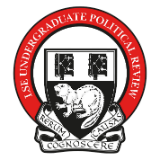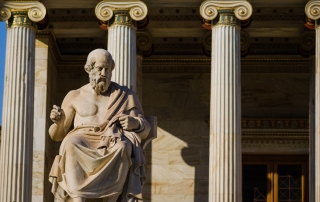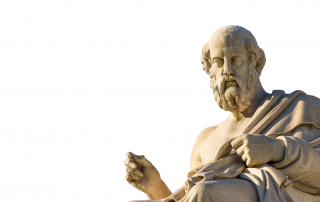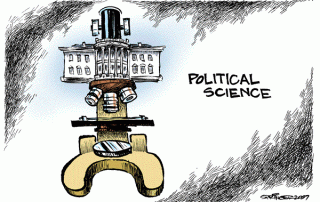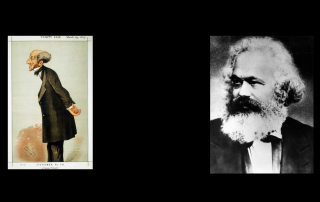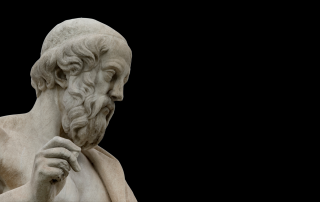The Academic Division aims to guide and inspire undergraduates to explore the field of political science. We produce articles on the major subfields of political science: political economy, political theory, comparative politics and methodology/research design. Our material takes existing GV courses as a guide: GV225, GV262, GV249, to name a few. The Division comprises of the Academic Director, Deputy Directors each in charge of a subfield or two, and Academic Associates who produce content in their subfield of interest.
We are a fledgling project joined by the aim of supporting academic openness and intellectual curiosity. Given the finite number of courses we each take, some domains of political science will inevitably go unexplored. To fill this knowledge-gap, the Division brings together students passionate about their subfields to share its basic motivations, major questions and recent findings. We aim to benefit current and future students in the Government Department, researchers in the UPR Research Division, and, of course, the curious reader.
If you are passionate about political science and the aim of sharing knowledge, do reach out and we would love to have you on-board!
Vernon Yian
Academic Director 20/21
